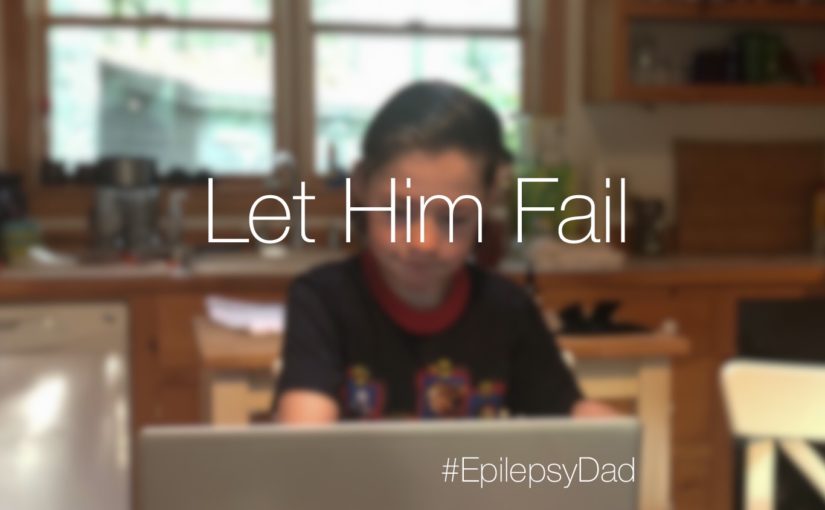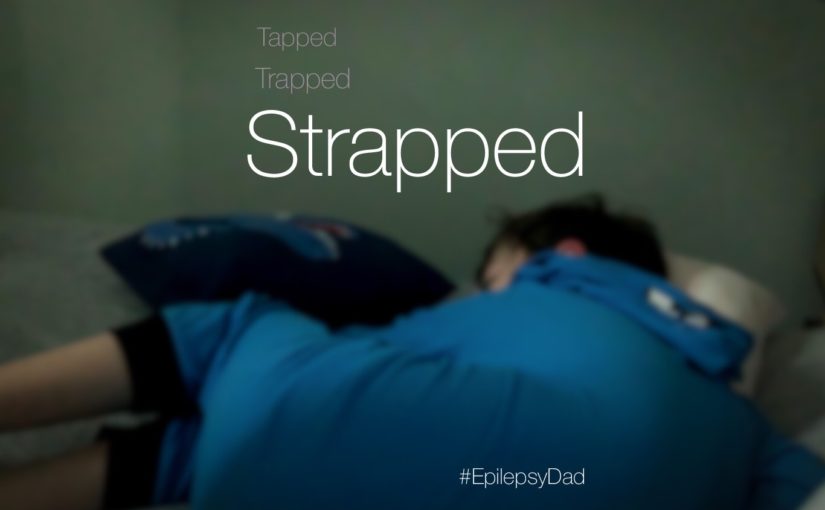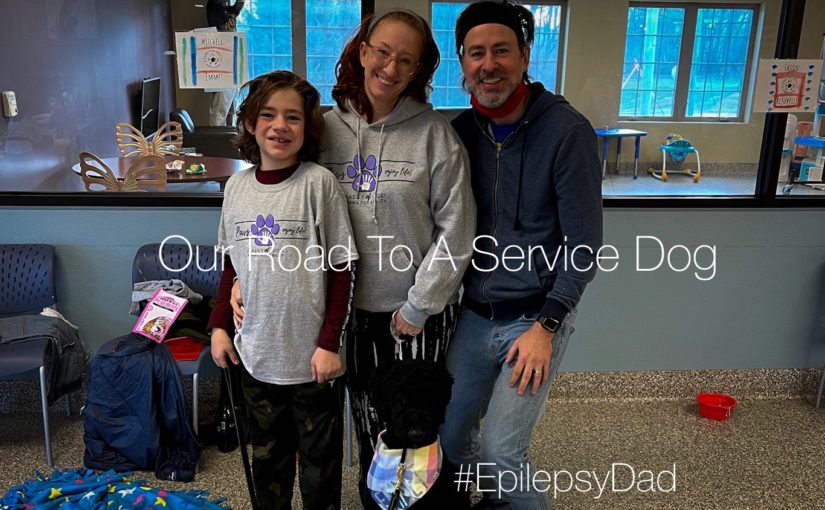We moved my son to a virtual charter school for 5th grade.
His previous brick-and-mortar school failed him. Although it gets credit for being one of the best public schools in the city, that only represents the experience of kids without special needs. Our mass education system and the temples to its delivery are designed for the kids in the middle, not at the fringes. My son is definitely at the fringes.
His stamina, comprehension, and retention are all affected by his condition, whether it’s the seizure and epilepsy or side effects of the handfuls of medication he takes every day. Rather than figuring out a way to teach him in a way that helped him learn, they removed expectations from him. They hid behind the vague description of grade level and the wide ranges of “average performance” to try to convince us that he was where he needed to be and to abdicate their responsibility to teach him.
For four years, we tried to exist within that system. Even when we were finally able to get an IEP (individualized education program) plan, his “performance” meant that they didn’t need to include academic goals because he was on “grade level.” We continued to watch our son drift further behind his peers, socially and academically. But he continued to show up. He showed up in a building filled with energy that heightened his anxiety. He showed up after having seizures, while being exhausted, and while being lost.
When the pandemic started and the school moved online, we saw a glimmer of hope. The schools were struggling to transition to virtual learning, and many of his classmates struggled to follow along the same way my son felt every day. It also removed the need to go to a building every day that flooded him with noise and stress and drained him. He still wasn’t learning, but at least he wasn’t learning in a more comfortable environment.
As the school year was winding down, we reevaluated our options. We had looked into virtual school before, but we felt like the in-person experience was more important to help with socialization. But because of the pandemic, the increasing level of anxiety from going to his old school, and his academic drift, we decided to make the move.
The way our virtual school works, the kids have a teacher, but they also have a “learning coach,” which in our case was my wife. The learning coach is supposed to be there to monitor the child’s progress and help them meet school requirements, but it quickly turned into a full-time teaching role.
There was a gap between hearing the material in class and completing assignments that my son couldn’t cross. My wife had to learn and then teach the material to my son and, even then, he struggled to complete the assignments. To finish the assignments, she guided him through every subject, through every assignment, and through every question on each assignment, just to get them done. He spent a few hours a week virtually with a tutor. We tried to keep him caught up but, with little retention, we found ourselves falling further behind.
It became clear early on how difficult school is for my son and how much of a disservice his previous school had done by not understanding his needs. We didn’t fully know because we never truly saw what was happening.
We had the best intentions. We wanted to keep our son moving forward. We wanted him to feel successful. But we started burning out. The combination of an unsustainable amount of work and the frustration of watching our son struggle was too much. By doing much of the work for him, we also inadvertently hid where he was academically. The school wasn’t able to evaluate him because, on paper, it looked like he was keeping up.
That’s when we realized that we needed to do something that goes against every fiber of our being. We had to let him do it by himself. We had to let him fail.
Logically, I get it. The school needs data that reflects where my son stands. Once they have the data, they can adjust his education plan to better match what we can expect from him.
Emotionally, it’s loaded. I have my issues with perfectionism, with being judged and graded, that I project onto him. I’m worried that we haven’t created a safe space where he understands that his grades don’t reflect on who he is as a person. I hope we have, but that’s one of those things that will take years to play out.
The greater fear, though, is that the school will say that there is nothing that they can do for him. And then what? There are no other schools in the city that will take him. Even if there were a private school that could accommodate him, it would be outside of the city, and we likely couldn’t afford it. Even if we moved and found the money, which is also unlikely because the city housing market is terrible, we’d be in the same position, just somewhere else.
Maybe that’s projecting out too far into the future. We don’t know what we don’t know. What we do know is that this isn’t working, and it will have to get worse if it has any chance of getting better.
We have to let him fail so that we can find a way to help him succeed.


